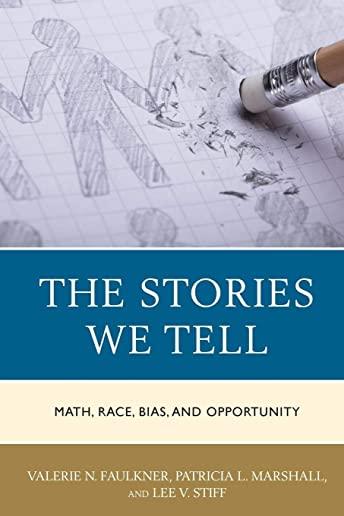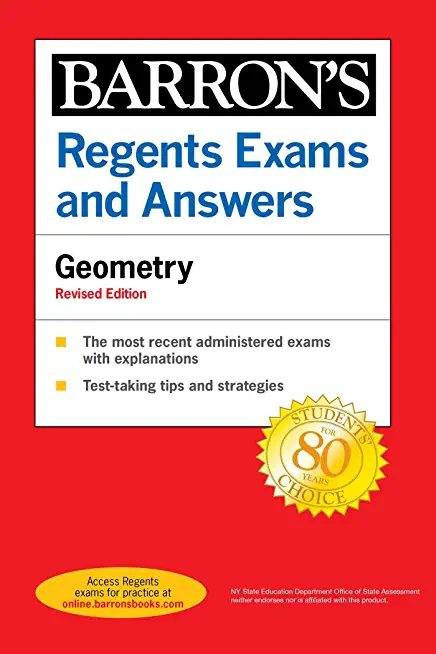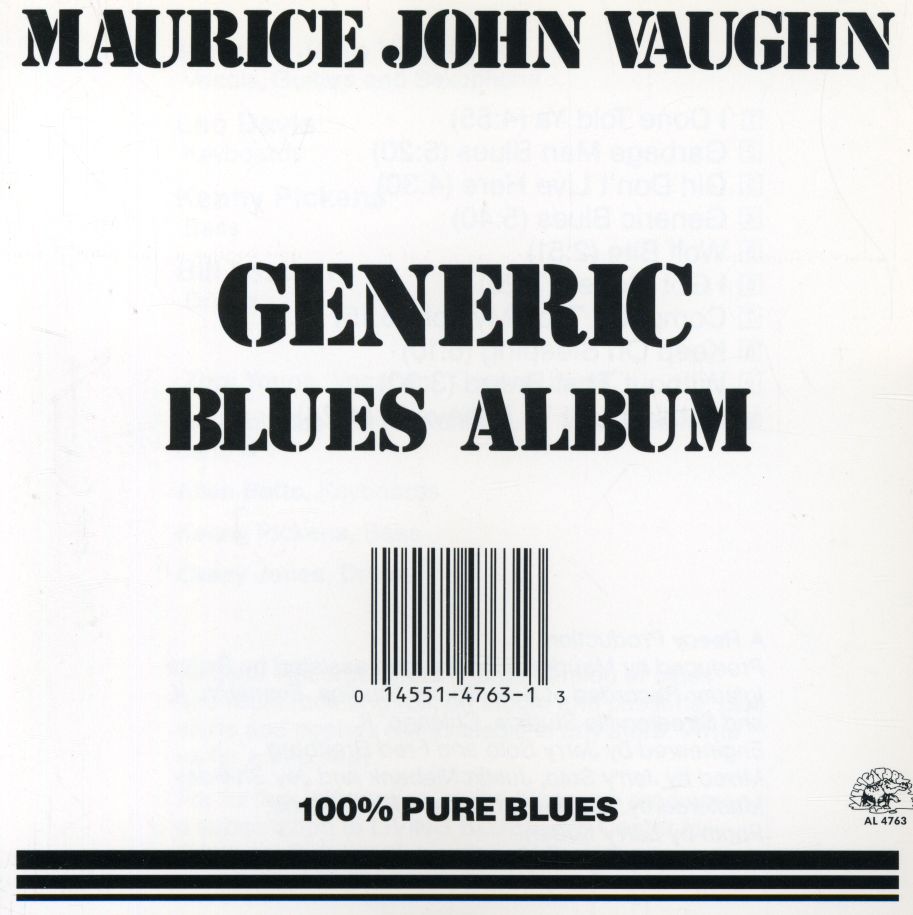
description
4The Stories We Tell: Math, Race, Bias, & Opportunity positions educators as professional decision-makers whose every day choices are deeply consequential. After exploring topics ranging from the early identification of talent, the use of demographic characteristics to make academic decisions, and the problematic casting of a 'gap' in mathematical performance as about the students themselves, the book explores how professional decision making, and a more precise use of data, can impact mathematical performance outcomes. With gentle precision, the book analyzes the patterns of practice in place as educators sort children according to perceived needs. Through case studies, the authors reconfigure the mathematics achievement gap as being about opportunity provided or denied at both the classroom and systemic levels. The book has implications for school personnel as well as others curious about how opportunity impacts outcomes and how data is (or is not) used to make decisions about children. Educators who challenge themselves to engage with the possibility of bias, and then face the stories we tell ourselves about the race/talent development/student merit relationship, will have the opportunity to write a powerful and equitable story going forward.
member goods
No member items were found under this heading.
Return Policy
All sales are final
Shipping
No special shipping considerations available.
Shipping fees determined at checkout.







